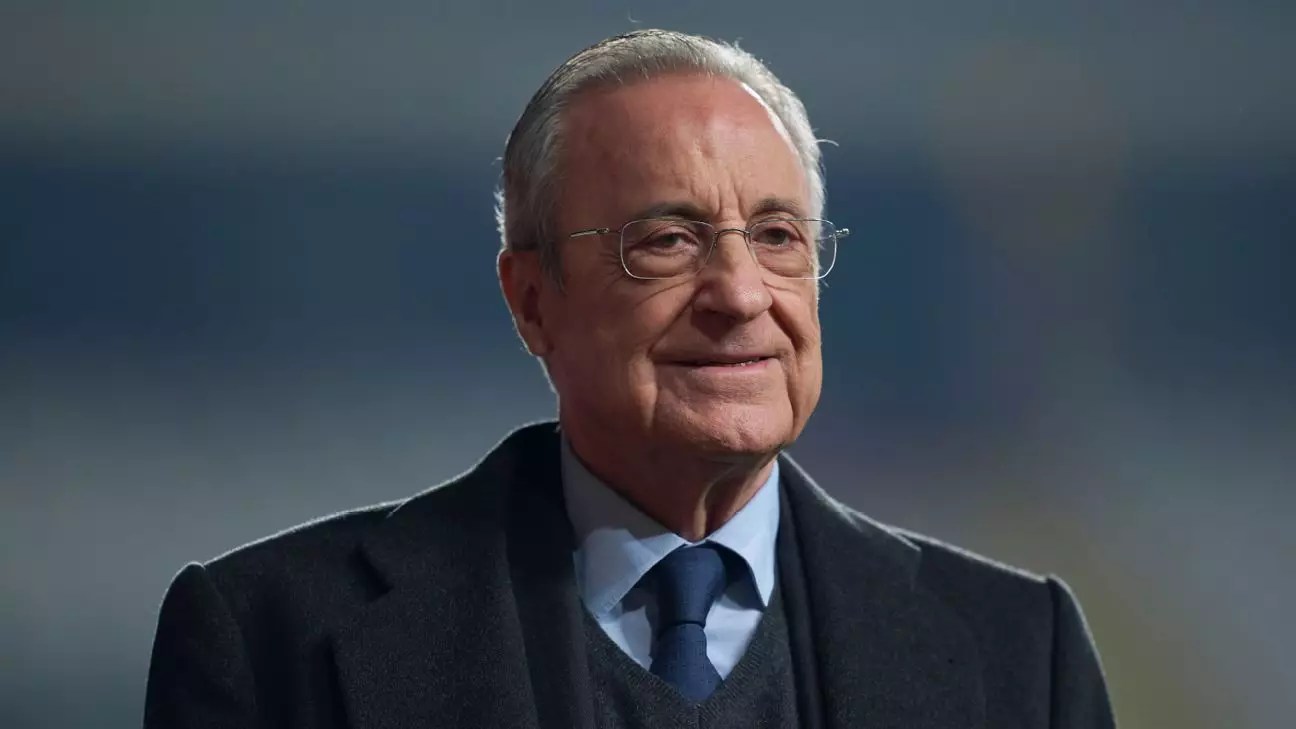Real Madrid, one of the most celebrated football clubs globally, is set to experience a crucial transition as President Florentino Pérez initiates the process for upcoming presidential elections. Scheduled for January 7, 2025, this meeting of the Board of Directors will pave the way for a leadership vote that happens every four years. Pérez, who has been an influential figure in the club since his first election in 2000, has maintained his position unopposed for several terms, linked to his significant contributions to the club’s success and development.
This electoral cycle carries more weight than the last, as football governance and leadership are critical to navigating the complex landscape of modern sports management, particularly in LaLiga. The stringent qualifications required to run for president mean that only individuals with a deep-rooted commitment and considerable financial backing can emerge as contenders. To be eligible, candidates must have been club members for a minimum of two decades and must have the capability to underwrite 15% of Real Madrid’s financial footprint, underscoring the elite nature of this leadership selection process.
Pérez’s return in 2009 heralded a period of immense success, often referred to as the “Galactico” era, characterized by the acquisition of high-profile players and significant trophies. Under his presidency, Real Madrid has clinched an extraordinary number of titles, including a staggering six Champions League trophies in the last decade alone. This success has not only solidified the club’s status in world football but has also contributed to its robust financial health and global brand appeal.
Yet, Pérez’s journey has not been without its challenges. Resigning in 2006 indicated a certain vulnerability in leadership, and his return marked a critical point where he had to re-establish trust and prove his vision in a rapidly evolving football environment. The fact that he faced no opposition since his re-election in 2009 points towards either a dearth of credible alternatives or strong confidence in his leadership style, which emphasizes results and commercial successes.
As the club approaches this pivotal board meeting, questions arise regarding the potential candidates who might challenge Pérez’s longstanding presidency. The upcoming elections are more than just a routine procedure; they symbolize a moment of reflection for the club and its direction in a competitive landscape that is continuously changing. The recent decade has seen unprecedented developments in player management, finances, and fan engagement, pushing clubs to innovate and adapt.
Real Madrid’s election process could potentially welcome fresh perspectives and differing management styles that may alter the club’s trajectory. The fans, stakeholders, and members will be keenly observing this process, as it could redefine the club’s strategic approach moving forward.
In closing, the presidential elections herald a crucial juncture for Real Madrid. As Pérez sets the wheels in motion for this electoral process, the footballing world is inevitably drawn into the narrative of leadership, legacy, and the future of one of the sport’s most illustrious institutions.


Leave a Reply